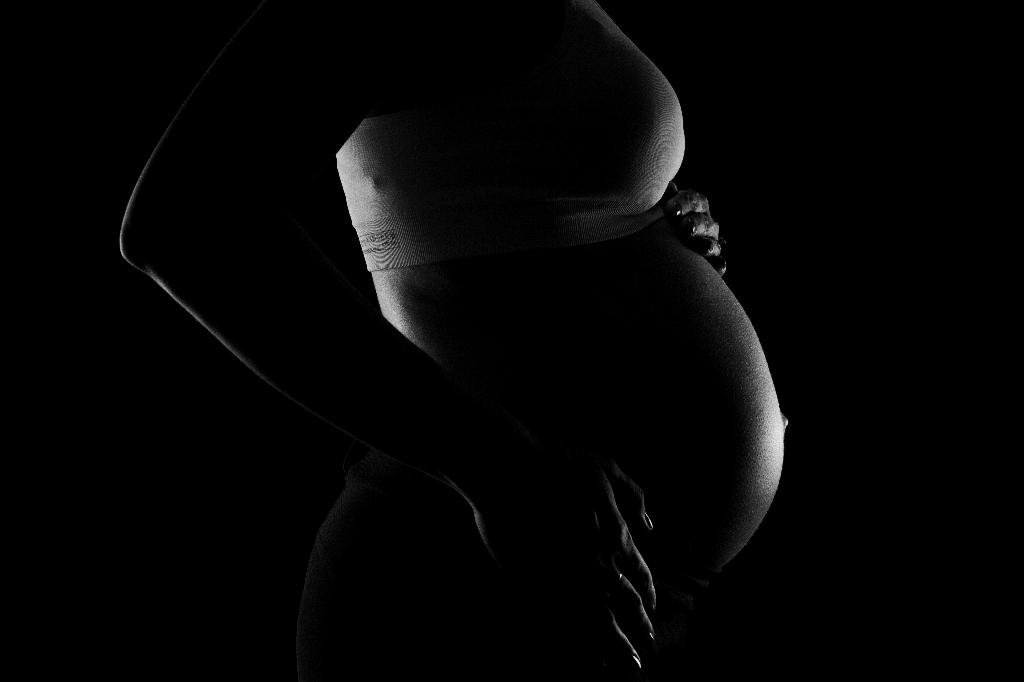One unexpected side effect of pregnancy that many women experience is chapped lips. These dry, cracked lips can be bothersome and uncomfortable, especially if they appear early on in the pregnancy. While chapped lips are a common issue for many people, they can be particularly prevalent during pregnancy due to hormonal changes and other factors.
Causes of Chapped Lips During Pregnancy
During pregnancy, hormonal fluctuations can lead to changes in the body, including the skin. These hormonal changes can cause the skin to become drier than usual, leading to chapped lips. Additionally, dehydration is a common issue during pregnancy, which can also contribute to dry, chapped lips.
Symptoms of Chapped Lips
Chapped lips are typically characterized by dryness, cracking, and sometimes even peeling of the lips. These symptoms can be uncomfortable and may also cause pain or irritation, especially when eating or talking. It is essential to address chapped lips promptly to prevent further discomfort.
Preventing Chapped Lips During Pregnancy
There are several ways to prevent or alleviate chapped lips during pregnancy. Drinking plenty of water to stay hydrated is crucial, as dehydration can worsen dryness. Using lip balm or moisturizing lip products can also help keep the lips hydrated and prevent chapping. Avoiding licking the lips, which can further dry them out, is also recommended.
Treating Chapped Lips
If chapped lips do occur during pregnancy, there are several treatment options available. Applying a thick layer of lip balm or petroleum jelly can help lock in moisture and alleviate dryness. Avoid harsh exfoliants or products that may further irritate the lips. If chapped lips persist, consult a healthcare provider for further guidance.
When to Seek Medical Advice
In some cases, chapped lips may be a sign of a more severe issue, such as a vitamin deficiency or infection. If chapped lips are accompanied by severe pain, bleeding, or other concerning symptoms, it is essential to seek medical advice promptly. A healthcare provider can offer a proper diagnosis and recommend suitable treatment options.
Impact of Chapped Lips on Pregnancy
While chapped lips can be uncomfortable and bothersome, they typically do not pose a significant risk to the pregnancy itself. However, severe dehydration or nutrient deficiencies that may contribute to chapped lips can have implications for both the mother and baby. It is essential to address chapped lips promptly to ensure overall well-being during pregnancy.
Self-Care Tips for Chapped Lips
In addition to using lip balm and staying hydrated, there are other self-care tips that can help alleviate chapped lips during pregnancy. Avoiding harsh weather conditions, such as cold or windy environments, can prevent further dryness. A humidifier in the home can also help maintain moisture levels in the air, benefiting both the skin and lips.
Healthy Lifestyle Choices
Maintaining a healthy lifestyle during pregnancy can also help prevent chapped lips and other skin issues. Eating a balanced diet rich in essential nutrients, such as vitamins A, C, and E, can promote skin health and hydration. Regular exercise and stress management techniques can also contribute to overall well-being and skin vitality.
Conclusion
In conclusion, chapped lips are a common issue that many women may experience during pregnancy due to hormonal changes, dehydration, and other factors. By taking proactive steps to prevent and treat chapped lips, such as staying hydrated, using lip balm, and practicing self-care, women can alleviate discomfort and promote overall skin health during pregnancy. If chapped lips persist or are accompanied by severe symptoms, seeking medical advice is recommended to ensure optimal well-being for both the mother and baby.

